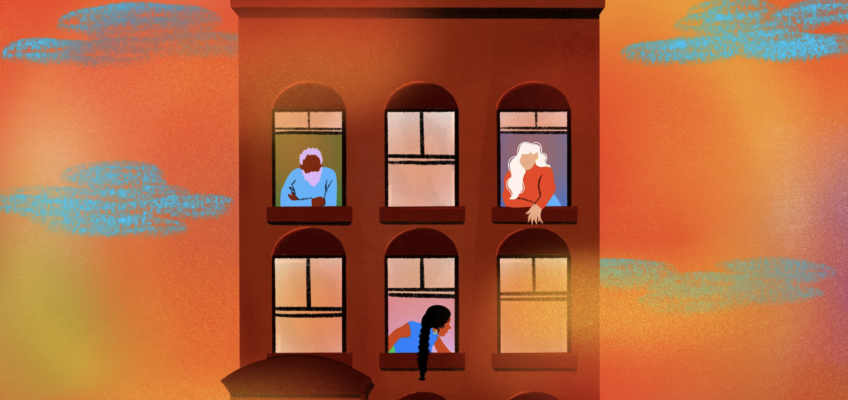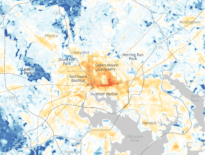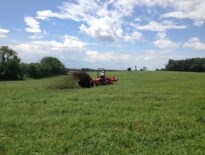Excerpt from the article by Neel Dhanesha, originally published at Vox on July 27, 2022
…As for what goes out of your apartment, consider composting. Food makes up almost 22 percent of all the waste generated in the country, and 24 percent of the waste that goes into landfills. When it gets there, that food and other organic products start emitting methane — an incredibly potent greenhouse gas. Landfills are one of the largest sources of methane in the United States, “so we really need to be doing a better job of keeping these materials out of landfills and incinerators,” said Linda Bilsens Brolis, senior project manager for the Composting for Community Initiative at the Institute for Local Self-Reliance, a nonprofit that advocates for local businesses and grassroots organizations.
Most landfills create zero-oxygen, or anaerobic, environments, and food scraps rotting under those conditions generate methane. A well-maintained composting system, on the other hand, is an oxygenated environment, and the microbes that produce methane aren’t active in the presence of oxygen. “There’s no good reason food scraps and other organic materials couldn’t be composted,” said Bilsens Brolis.
If there’s a composting project in your community, either through curbside pickup or easily accessible drop-off points, that’s the first place to start. Collect your food scraps (and if you have a yard, any organic yard waste) so they can be composted — you can, among other things, use an outside bin if you’ve got the yard space for it, or put your food scraps in a compostable bag in your freezer until you drop them off. If there isn’t any composting in your community, you can even consider taking the next step by setting up a worm-based composting system in your home, though that’s a bit more involved. “It’s kind of like having a pet,” said Bilsens Brolis. “You have to keep an eye on them, but they’ll eat your food scraps.”…
Read the full article here.





